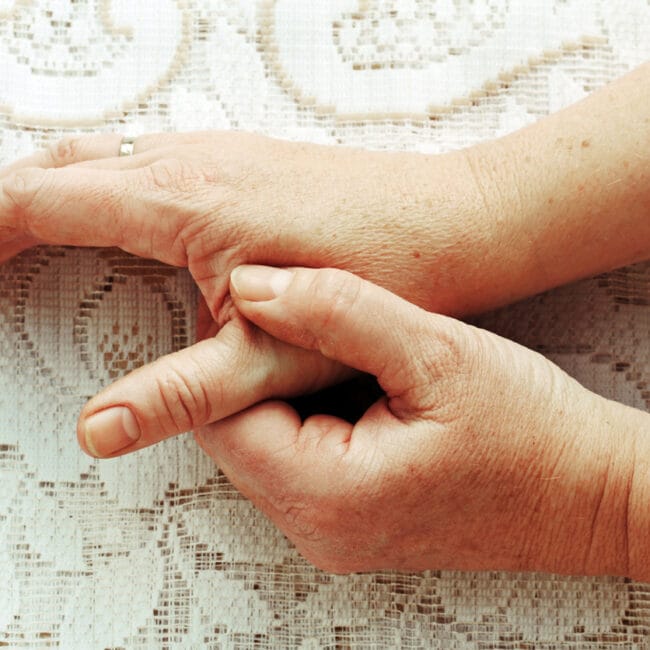Carbohydrate loading can help you race without hitting the wall—as long as you do it right!
Even non-runners have heard of carbohydrate loading yet it still remains one of the most misunderstood terms in sport nutrition.Carbohydrate loading is a strategy involving changes to training and nutrition that can maximise muscle glycogen stores prior to endurance events such as a marathon. It is a strategy that is useful for events 90 minutes or over only; it is not necessary for shorter activities. But there is more to it than simply eating a big bowl of pasta the night before race day! Your muscles need to be receptive to storing carbohydrate and that would have happened naturally as a response to your months of training.
How much carbohydrates should you have?
In general, runners need about 5-7g carbohydrate per kg body weight. When you are carb-loading this should increase this to 7-10g of carbohydrate per kg/body weight. But you can’t completely fill your muscles with glycogen from just one meal which is why you should start carb loading 3 days before your race. During these last 3 days of your marathon preparation your carbohydrate intake should make up about 70-80% of your total calories. This doesn’t mean that you need to eat hundreds more calorie than usual; it’s just that more of those calories should come from carbohydrates.
Common mistakes people make when carb loading:
For many runners, the taper can be very unnerving and mentally tough. But the taper is designed to allow your body to repair and refresh itself for race day. It also allows your muscles to become fully fuelled. Failing to rest may compromise carbohydrate loading so enjoy it and focus on getting yourself mentally prepared instead.
Carb-load, don’t fat-load! Runners can sometimes use carb loading as an excuse to eat everything and anything in sight. Consuming too many high fat foods now will make it difficult to consume sufficient carbohydrate and may also result in an increase in body fat. Leave the treats until after you have crossed the finish line in Merrion Square!
It can be difficult for a lot of people to forget the traditional dietary advice they have been following for the past few months and cut down on high fibre, wholegrain foods. But in order to consume sufficient carbohydrate for the loading phase it is necessary to make use of more compact sources of carbohydrate such as sugar, jam, honey, sports drinks, white bread and pasta etc. Eating too many high fibre foods may cause stomach discomfort and make it difficult to consume adequate carbohydrate. This is the only time you will hear a dietitian advising you to eat white bread!
A fear of weight gain may cause some runners to shy away from carb loading. Every gram of glycogen is stored in muscle with 3 grams of water, so you will gain weight if you have carb loaded properly. Full glycogen loading can increase weight by 4lbs (2kg). But any weight gain is only temporary; you should use it all up on race day. That said, give some thought to whether an increase in body weight will put you at a disadvantage during the marathon.
A common misconception is to completely avoid protein in this week. This is not advised as your body still need protein on a daily basis so you should still include some lean protein with your meals.
Don’t just focus on the evening meal the night before the big day. This is a common mistake people make, only to feel lethargic and uncomfortable afterwards. Sensible carb-loading is about breakfast, lunch and dinner and snacks. If you can add a few more carbs at every meal and snack you will saturate your muscle and liver glycogen stores, ready to be released around the streets of Dublin.
This is not the time to start experimenting in the kitchen. Choose familiar foods and drinks that you know you tolerate well; don’t make any drastic changes that could cause stomach upsets, diarrhoea or constipation.
Even if you have carb-loaded, you will still need to consume some carbohydrates during the marathon to keep your energy levels high. Aim to consume 30-60g of carbohydrate per hour. Stick to what you have used in training e.g. gels, sports drinks etc. to ensure you cross the finish feeling strong.
Remember, carb-loading is not effective for everyone and may not be suitable if you have diabetes, so we would recommend you speak to your doctor or dietitian for individual advice.
Some of you may not want to ingest all that extra carbohydrate and may be more focused on finishing the marathon rather than the time it takes you to complete the course. So consider your own goals and stick to what you feel most comfortable with. Try to get a few extra carbohydrate snacks over the last few days and don’t forget to top up your glycogen stores with gels/sports drinks during the race to make sure you don’t run out of fuel.
Finally, enjoy the Expo in the RDS. Take advantage of any shoe and clothing bargains, but never, never, never wear anything purchased at an Expo on race day. That’s a disaster waiting to happen! Also, avoid loading up on free samples of sports drink and energy foods, especially ones you’ve never before used.
Time to start channelling your inner Kenyan!
Good luck to everyone!
If you would like help with any aspect of your nutrition plan for sport please do not hesitate to contact us for an appointment or a free 15 minute dietary assessment with our registered dietitians.











